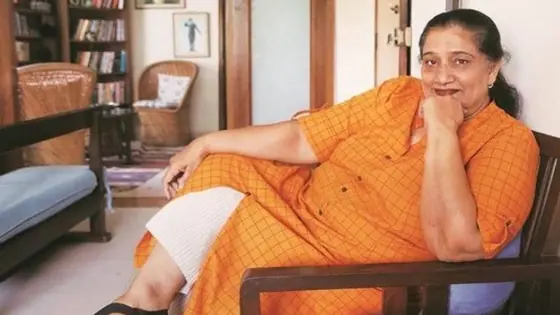
[EXCLUSIVE] : Seema, Manukriti Pahwa, Anup Thapa open up on toxic masculinity and on Ye Mard Bechara
Veteran actress Seema Pahwa, daughter Manukriti Pahwa has been seen together in Anup Thapa's Ye Mard Bechara. Here's what the director and the cast feel about toxic masculinity.
Veteran actress Seema Pahwa, daughter Manukriti Pahwa has been seen together in Anup Thapa's Ye Mard Bechara. Manukriti is doing her debut with this movie. The film delivers a message on toxic masculinity and on gender equality.

Manukriti essays a girl from Haryana whose name is Shivalika. Even though she is portrayed a small-town girl, she has a modern outlook, and she understands the social pressure that her husband or any mard (man) has to undergo. She also knows that living in a patriarchal society is not at all easy. A man has to go through a lot of societal pressure, and that's when she turns the conversation.
Post playing some much adored roles on the silver screen; from Bhumi Pednekar and Kriti Sanon's mothers in Shubh Mangal Saavdhan' and Bareilly Ki Barfi, Seema will be playing an on-screen mother to her real-life daughter, which is surely a different feeling for her altogether.
In the movie, she essays a mom who is also a mother-in-law. Her character has two shades. The actress, although is not nervous knowing that her daughter is making her debut. She knows that she is good as an actress. The mother and daughter have done a lot of theatre shows together, so they have tasted success.
The movie director believes that the film talks about the societal expectations that men have to live by. The man is always looked upon for a lot of things. The struggle of men will be essayed from a female narrative.
To talk about the movie, it is a simple narration of Faridabad's Sharma family where Ramprasad Sharma (Atul Srivastava) who has his own ideals about how a man should behave. He even forces hi son Shivam (Veeraj Rao) to keep a moustache because it was a family tradition and mard ki pehchaan.